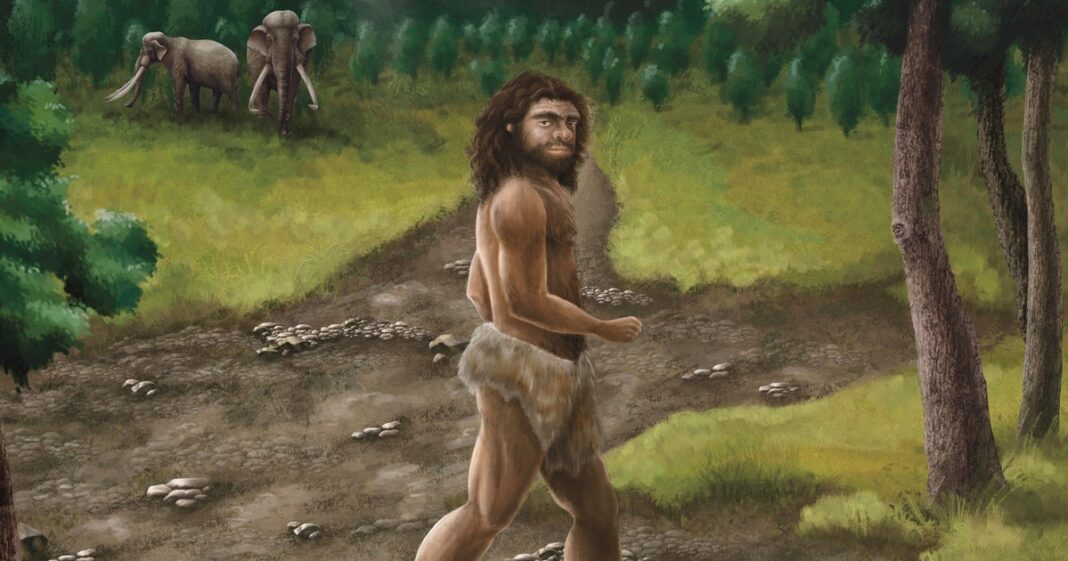An ancient jawbone discovered in Taiwan belonged to an enigmatic group of early human ancestors called Denisovans, scientists reported Thursday.
Relatively little is known about Denisovans, an extinct group of human cousins that interacted with Neanderthals and our own species, Homo sapiens.
“Denisovan fossils are very scarce,” with only a few confirmed finds in East Asia, said study co-author Takumi Tsutaya at the Graduate University for Advanced Studies in Japan.
So far, the only known Denisovan fossils include partial jawbones, a few teeth and part of a finger bone found in caves in Siberia and Tibet. Some scientists believe fossils found in a cave in Laos may also belong to Denisovans.
The probable identification of the jawbone from Taiwan as Denisovan expands the region where scientists know these ancient people once lived, said Tsutaya.
“Denisovans must therefore have been capable of adapting to a wide range of habitat types,” study co-author Frido Welker told the Reuters news agency.
Cheng-Han Sun / AP
The partial jawbone was first recovered when a fishing operation dredged the seafloor in the Penghu Channel near the Taiwan Strait. After it was sold to an antique shop, a collector spotted it and purchased it in 2008, then later donated it to Taiwan’s National Museum of Natural Science.
Based on the composition of marine invertebrates found attached to it, the fossil was dated to the Pleistocene era. But exactly which species of early human ancestor it belonged to remained a mystery.
The condition of the fossil made it impossible to study ancient DNA. But recently, scientists in Taiwan, Japan and Denmark were able to extract some protein sequences from the incomplete jawbone.
An analysis showed some protein sequences resembled those contained in the genome of a Denisovan fossil recovered in Siberia. The findings were published in the journal Science.
While the new research is promising, Rick Potts, director of the Smithsonian Institution’s Human Origins Project, said he would like to see further data before confirming the Taiwan fossil as Denisovan.
Potts, who was not involved in the new research, praised the study for “a fantastic job of recovering some proteins.” But he added, such a small sliver of material may not give a full picture.
At one time, at least three human ancestor groups – Denisovans, Neanderthals and Homo sapiens – coexisted in Eurasia and sometimes interbred, researchers say.
“We can identity Neanderthal elements and Denisovan elements” in the DNA of some people alive today, said Tsutaya.
Scientists still don’t know exactly why Denisovans went extinct.
“We have so little archaeological and fossil information about Denisovans that we can only speculate as to why they disappeared,” Welker told Reuters. “A lasting legacy, though, is that some human populations in East and Southeast Asia carry some Denisovan ancestry in their genomes today.”


